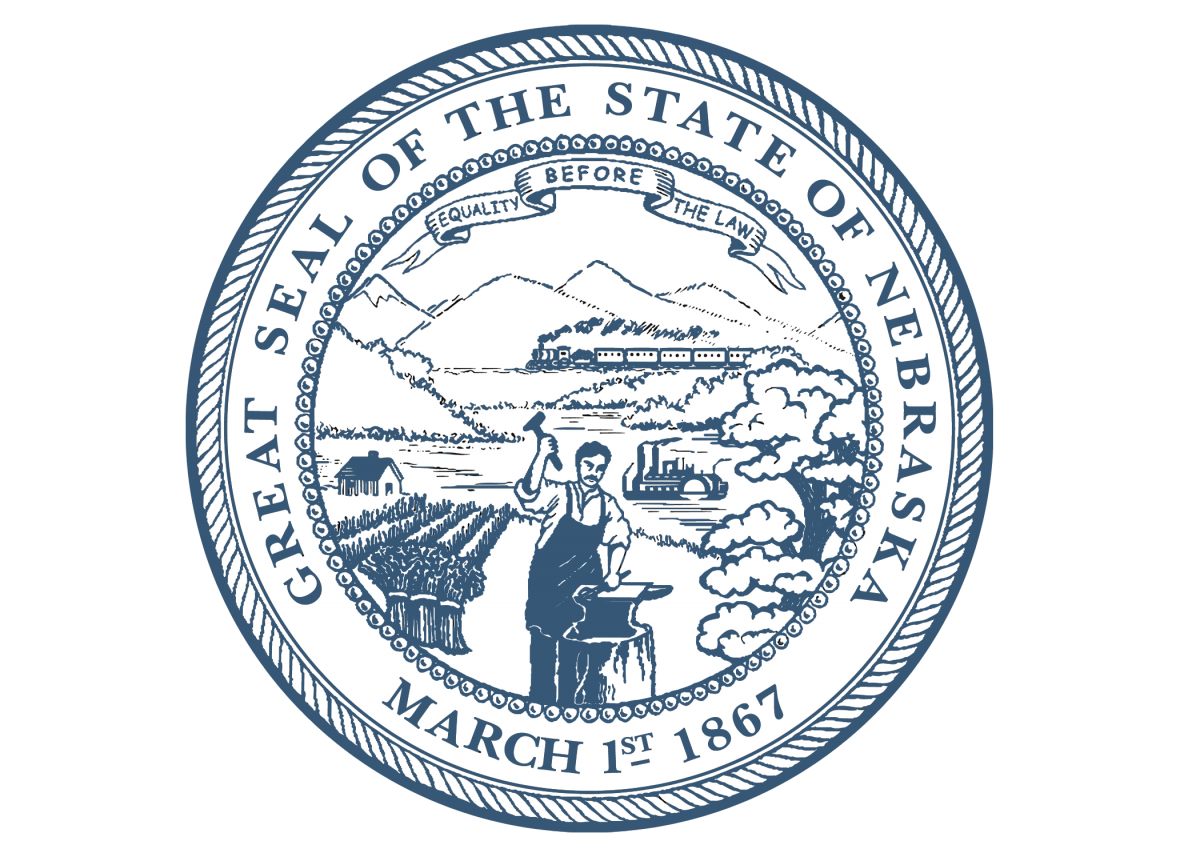Bipartisan Coalition of 48 Attorneys General Allege Facebook’s Anticompetitive Conduct Thwarted Competition, Reduced Consumer Privacy for Profits
Lincoln -- Attorney General Doug Peterson today joined a bipartisan coalition of 48 attorneys general in filing a lawsuit against Facebook Inc., alleging that the company has and continues to illegally stifle competition to protect its monopoly power. The lawsuit alleges that, over the last decade, the social networking giant illegally acquired competitors in a predatory manner and cut services to smaller threats, depriving users of the benefits of competition and reducing privacy protections and services along the way — all in an effort to boost its bottom line through increased advertising revenue. Facebook is specifically charged with violating Section 2 of the Sherman Act, in addition to multiple violations of Section 7 of the Clayton Act.
In an effort to maintain its market dominance in social networking, Facebook employs a variety of methods to impede competition. As laid out in today’s complaint, the coalition argues that Facebook primarily targets competitors with a ‘buy or bury’ approach: acquiring smaller rivals and potential rivals before they could threaten Facebook’s dominance, or suffocating third-party developers that Facebook invited to utilize its platform — allowing Facebook to maintain its monopoly over the social networking market and make billions from advertising. Moreover, Facebook’s unlawful monopoly gives it broad discretion to set the terms for how its users’ private information is collected and used, even if those terms conflict with the interests and preferences of Facebook users.
Acquisition of Competitive Threats
The harm to consumers over the last decade comes as a direct result of Facebook’s acquisition of smaller firms that pose competitive threats. Facebook employs unique data-gathering tools to monitor new apps, all in an effort to see what is gaining traction with users. That data helps Facebook select acquisition targets that pose the greatest threats to Facebook’s dominance. Once selected, Facebook offers these companies vast amounts of money — that greatly inflate the values of the apps — all in hopes of avoiding any competition for Facebook in the future.
The elimination of competitive alternatives means users have no alternative to Facebook, fueling its unfettered growth without competition and further entrenching its position. The two most obvious examples of this successful strategy were Instagram and WhatsApp — both of which, as outlined in the complaint, posed a unique and dire threat to Facebook’s monopoly.
Cutting Competitors Off from Facebook Overnight
If a competitor refuses to be bought out, Facebook deploys an “open first–closed later” strategy to neutralize competitive threats, or deter them from competing, at the inception. After years of promoting open access to its platform, in 2011, Facebook began to rescind and block site access for apps that Facebook viewed as actual or potential competitive threats. Ultimately, Facebook’s strategy proved devastating to certain apps and deterred venture capitalists from investing in companies that Facebook might in the future see as competitors.
Remedies
The Attorneys General today ask the court to halt Facebook’s illegal, anticompetitive conduct and block the company from continuing this behavior in the future. Additionally, the coalition asks the court to restrain Facebook from making further acquisitions valued at or in excess of $10 million without advance notice to the plaintiff states. Finally, the court is asked to provide any additional relief it determines is appropriate, including the divestiture or restructuring of illegally acquired companies, or current Facebook assets or business lines.
The complaint was filed in the U.S. District Court for the District of Columbia.
Separately, but in coordination with the Attorneys General, the Federal Trade Commission (FTC) also today filed a complaint against Facebook in the U.S. District Court for the District of Columbia. The coalition wishes to thank the FTC for its close working relationship and collaboration during this investigation.
The lawsuit is headed by New York Attorney General Letitia James and an executive committee made up of the attorneys general of California, Colorado, Florida, Iowa, Nebraska, North Carolina, Ohio, Tennessee, and the District of Columbia. The executive committee is joined by the attorneys general of Alaska, Arizona, Arkansas, Connecticut, Delaware, Hawaii, Idaho, Illinois, Indiana, Kansas, Kentucky, Louisiana, Maine, Maryland, Massachusetts, Michigan, Minnesota, Mississippi, Missouri, Montana, Nevada, New Hampshire, New Jersey, New Mexico, North Dakota, Oklahoma, Oregon, Pennsylvania, Rhode Island, Texas, Utah, Vermont, Virginia, Washington, West Virginia, Wisconsin, Wyoming, and the territory of Guam.

